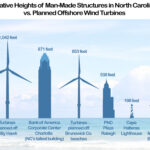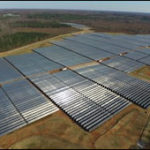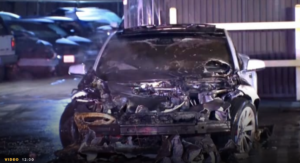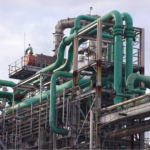Given a choice between an energy future that is dependent on a) generation using sun, wind or falling water; or b) thermal generation sources using fossil fuels or uranium; or c) a combination of both, which do Americans prefer? Should it surprise anybody that the answer is both?
Reliance on both, the need for at least a substantial amount of electricity not depending on weather, is at the heart of the recommendations coming at Virginians from many directions. It came recently from the Federal Energy Regulatory Commission, including the Virginian on that panel, Mark Christie. It is the premise for both Virginia Governor Glenn Youngkin’s (R) 2022 Energy Plan and Dominion Energy Virginia’s new integrated resource plan. Continue reading
















